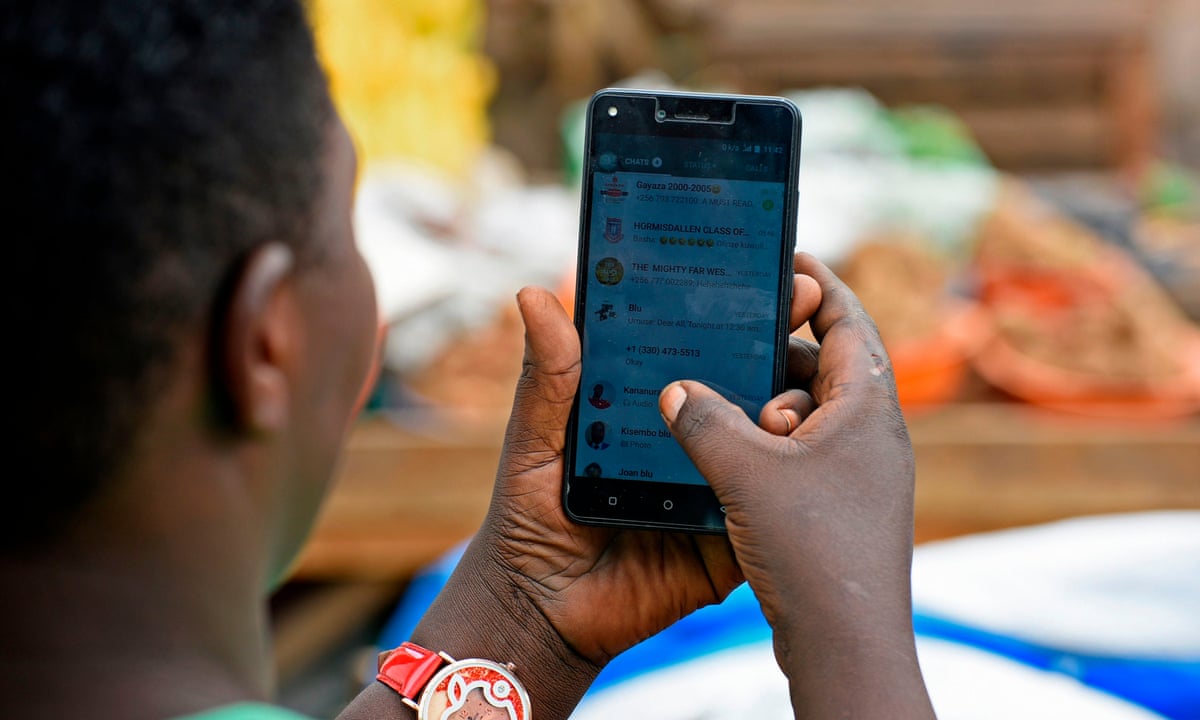Five days after, and Ugandans finally regained access to the internet; however, this comes on the hill of an estimated financial impact valued at $6.7 million.
Recall that the Ugandan government reportedly ordered a crackdown on all social media platforms two days before the presidential election.
However, the ban on internet access was subsequently revoked five days after, and three days post-presidential election.
The Ugandan government had reportedly claimed that the decision to blackout the internet was consequent to the removal of some pro-government accounts by Facebook.
Regardless, the decision also appears to favour the now reinstated presidential candidate, president-elect Yoweri Museveni, who won against 11 others.

Source: Carused
That aside, the cost implication of the internet blackout in Uganda was estimated to be exactly $6,703, 302.
This report is according to Insight, who claimed that this is not the first time Uganda is ordering social media service down during elections.
ALSO READ: Uganda Back On The Internet After A Five Day Shutdown During Polls
According to the reliable data curator, Uganda also gave similar orders during the previous 2016 election as confirmed by MTN Uganda.
Shedding more light on the shutdown activities, Insight confirmed that it started noticing wider internet shutdown in the country as of January 13.
Further revelation from Oracle’s Internet Intelligence and CAIDA’s IODA also show a visible decline in IP prefixes.

Source: Uganda Internet Exchange
On the first day of the shutdown; IP prefixes dropped by 15%-25%, followed by a larger dip up to 75% through January 18.
Fast forward to the evening of Monday, January 18, internet activities started to get back to normal, an indication that the shutdown has been revoked.
Economic implication of internet shutdown on Uganda
It isn’t news that access to the internet is one of the major streams of revenue for any nation; and this is evident in daily remittance to the government pocket.
For Uganda, at least approximately 17.5 million of its population fall under the internet subscribers in the country.
While the number of internet subscribers form about 39.5% of Uganda’s total population, they account for a daily revenue of about UGX6.58 billion (approx. $1.78million).
A further inquiry from netblocks.org also revealed that shutting down Facebook which was the most affected platform for at least 5 days would cost Uganda $2.23million.

Shutting both Facebook and WhatsApp for the same period will attract further losses to the tune of $4.46million.

Giving that Facebook, WhatsApp, and Twitter were the most impacted during the 5-day internet blackout; cost implication on Uganda’s economy is pegged at $6.70million.
 However, a total shutdown across major social media platforms including Facebook, WhatsApp, Instagram, and Twitter will impact Uganda’s economy by $8.93million in 5-days.
However, a total shutdown across major social media platforms including Facebook, WhatsApp, Instagram, and Twitter will impact Uganda’s economy by $8.93million in 5-days.

Uganda’s election
After a tough struggle to unseat President Yoweri Museveni after 35 years of reign, all efforts returned futile again.
Unlike previous years where Museveni had a smooth presidential race, he was met with a tougher opposition this time around.

Source: Reuters
Representing National Unity Platform (NUP), 38 years old Robert Kyagulanyi Ssentamupop, known by his stage name, Bobi Wine, gave the incumbent a tough run.
Thanks to his fame and status, he was dominantly securing the support of youths through social media platforms.
However, the Electoral Commission said that Museveni won 5.85 million votes, or 58.6%, while Wine had 3.48 million votes (34.8%).
A lot of citizens have taken to social media to express their grievances to what most tagged as “rigged election.”
Meanwhile, Bobi Wine has denounced the results and called on citizens to reject them.



















 and then
and then